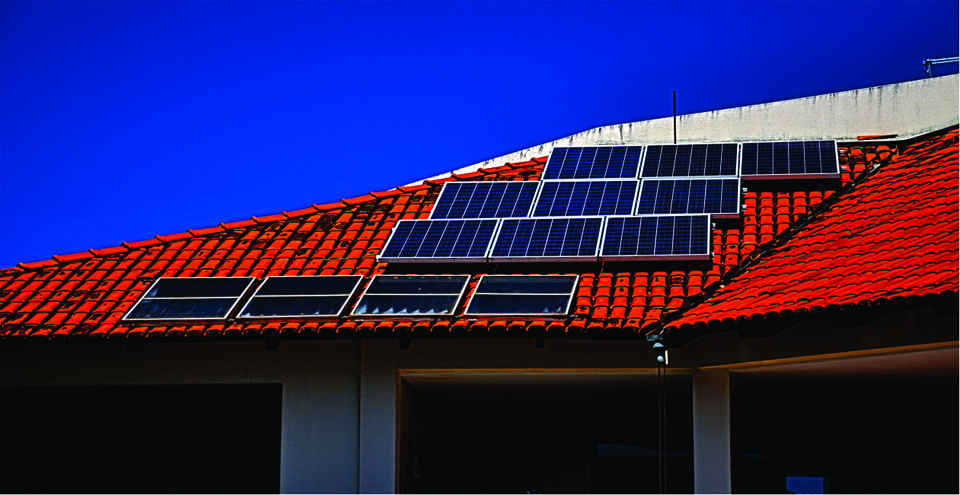Member/Partner News
Brazil reaches 400 thousand consumer units supplied by distributed solar PV, informs ABSOLAR

Solar PV will be strategic to the pandemic recovery, with huge potential to create jobs and income and attract new investments to the country, states ABSOLAR
São Paulo, November 2020 – According to a new survey by the Brazilian Solar Photovoltaic Energy Association (ABSOLAR), Brazil has just surpassed the historic milestone of 400 thousand consumer units supplied by distributed generation solar photovoltaic (PV). Since 2012, small and medium-scale solar PV has added more than 3.8 gigawatts of installed capacity, bringing more than R$ 19 billion in new private investments to the country and generating more than 110 thousand accumulated jobs, spread across the five national regions.
In terms of the number of consumer units, residential consumers are at the top of the list, representing 68.8% of the total. They are followed by the commerce and service sectors (20.2%), rural consumers (8.0%), industries (2.6%), public buildings (0.4%) and other sectors, such as public services (0.03%) and public lighting (0.01%).
In terms of installed capacity, consumers in the commerce and service sectors lead the use of solar PV, with 38.8% of the capacity, followed closely by residential consumers (38.0%), rural consumers (13.2 %), industries (8.8%), public buildings (1.1%) and other sectors, such as public services (0.1%) and public lighting (0.02%).
These more than 400 thousand consumer units receive their solar electricity from around 318 thousand distributed solar PV systems, resulting in financial savings and improved environmental sustainability. Distributed generation solar PV is already present in more than 5,000 municipalities, of which the top 5 in installed capacity are: Uberlândia (MG), Cuiabá (MT), Rio de Janeiro (RJ), Fortaleza (CE) and Teresina (PI), respectively.
Despite the advancements in the last years, Brazil – which has one of the best solar resources in the planet – still uses a very small share of solar PV especially in distributed generation, where only 0.5% of the more than 85,9 million electricity consumers use the sunlight to generate electricity.
“Solar energy will have an increasingly strategic role for the country to meet its economic development goals, especially in order to help the economy recover after the pandemic, as it is the biggest renewable energy source in terms of job generation in the world”, indicates Ronaldo Koloszuk, ABSOLAR’s president of the Board of Administrators.
“In the 2015 and 2016 economic crises, the GDP in Brazil shrank 3.8% and 3.6%, respectively, but the solar PV sector grew by more than 100% each year. With that, we contributed to the recovery of the country. Now, once the most acute stage of the COVID-19 pandemic is over, solar PV will once again accelerate the green recovery in Brazil. Solar energy will be part of the solution, both for our society and for the environment”, comments Rodrigo Sauaia, ABSOLAR’s CEO.
![Global Solar Council [logo]](/static/images/gsc-logo-horizontal.svg)